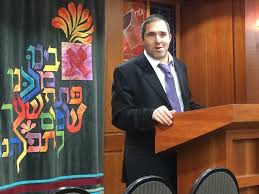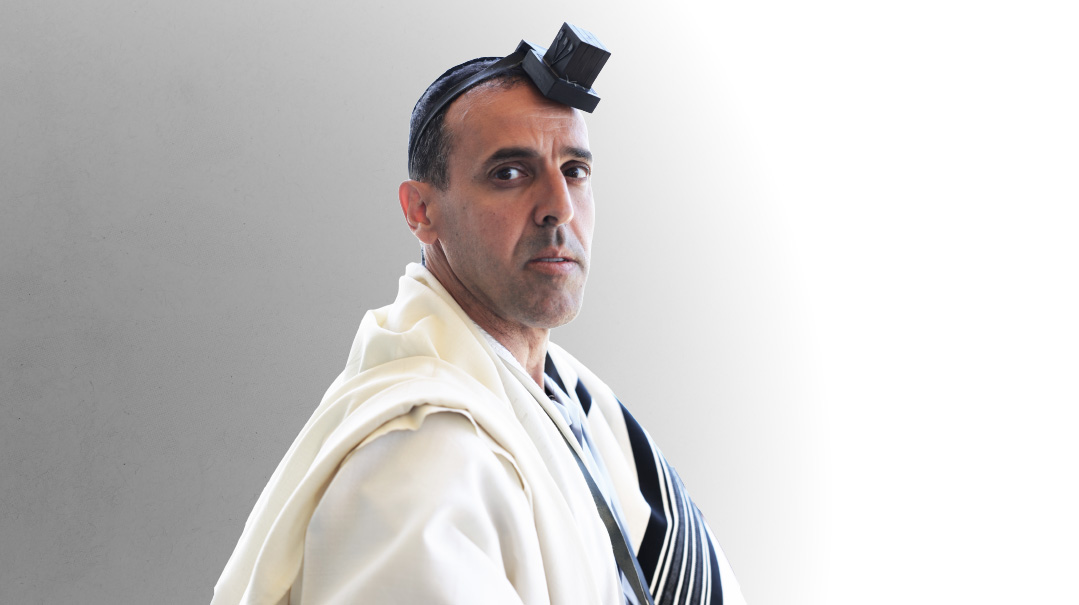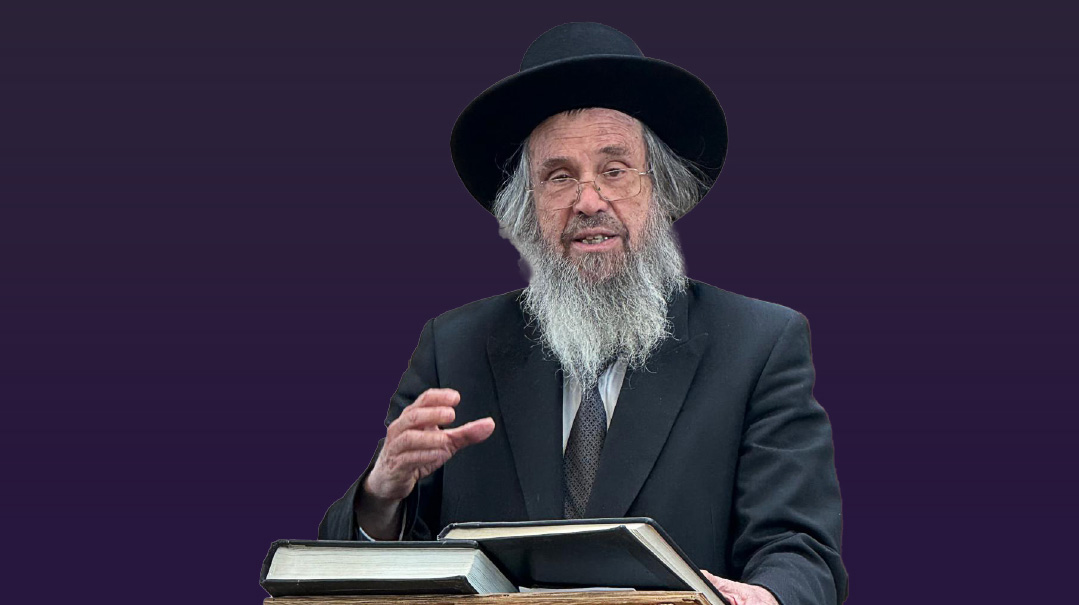Reacting to Verbal Abuse: Response in Kind or Kind Response?

In addition to the Torah prohibition against verbal abuse of one’s fellow Jews there are specific commandments prohibiting verbal mistreatment of a convert. An exploration of the parameters of these halachos

Our celebration of the Yom Tov of Shavuos includes the public reading of Megillas Ruth the story of a righteous convert from the nation of Moav who merited to become the progenitor of the royal House of Dovid. The Rema (Orach Chayim 490:9) cites the Avudraham (Hilchos Tefillas HaPesach) who gives several reasons for this custom. One is that our forefathers used the same process in preparing to accept the Torah on the very first Shavuos that a proselyte uses to convert to Judaism. Since Megillas Ruth is the source for many of the practical laws of conversion it is appropriate to read it on Shavuos when we commemorate our nation’s acceptance of the Torah at Har Sinai through the conversion process.
In the following pages we will explore how the Torah addresses treatment of the convert by other Jews. We begin with a discussion of the general obligations that exist regarding treatment of all Jews before turning to the specific halachos governing treatment of converts.
The Gravity of Verbal Abuse
The Torah (Vayikra 25:17) commands us not to cause distress to another person with our words. This prohibition encompasses a very wide range of verbal harassment since as the Sefer Hachinuch (mitzvah 338) writes “It is impossible to write every detail that can cause a person to feel hurt.” The Chinuch also explains that this prohibition applies even when the words used are not openly offensive but only hint to a meaning intended to cause emotional pain.
He warns that although transgression of this commandment is not punishable by lashes “there are many lashes without the strap that are available in the hands of Hashem.” The reason given by the Chinuch for why one who violates this prohibition is not punished with lashes is that in general lashes can only be administered for sins committed through action and although words can be very hurtful speech is not considered action and thus this sin is not punishable by a human court.
In contrast to the explanation of the Chinuch the Chofetz Chaim (Introduction #17) writes that a person violating this prohibition is not punished with lashes because there are no lashes for violating a lav shebichlolos i.e. a general negative commandment that includes multiple prohibitions. Rav Shlomo Zalman Auerbach (Minchas Shlomo 1:81) wonders where the Chofetz Chaim found a source for categorizing this prohibition as a lav shebichlolos.
Responding to Verbal Abuse
Given the prohibition on verbal abuse what is the appropriate response of a person who is the victim of such treatment? Is he also commanded not to use hurtful words in response to such an attack or is the prohibition not to cause distress not applicable in this situation?
The Chinuch (ibid.) writes that “it seems plausible to assume that when one is being verbally attacked he may answer back. A person is not expected to be a motionless stone. By not responding it might appear as if he agrees to what is being said. A person is not obligated to allow his friend to hurt him.”
Oops! We could not locate your form.







